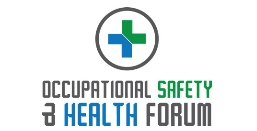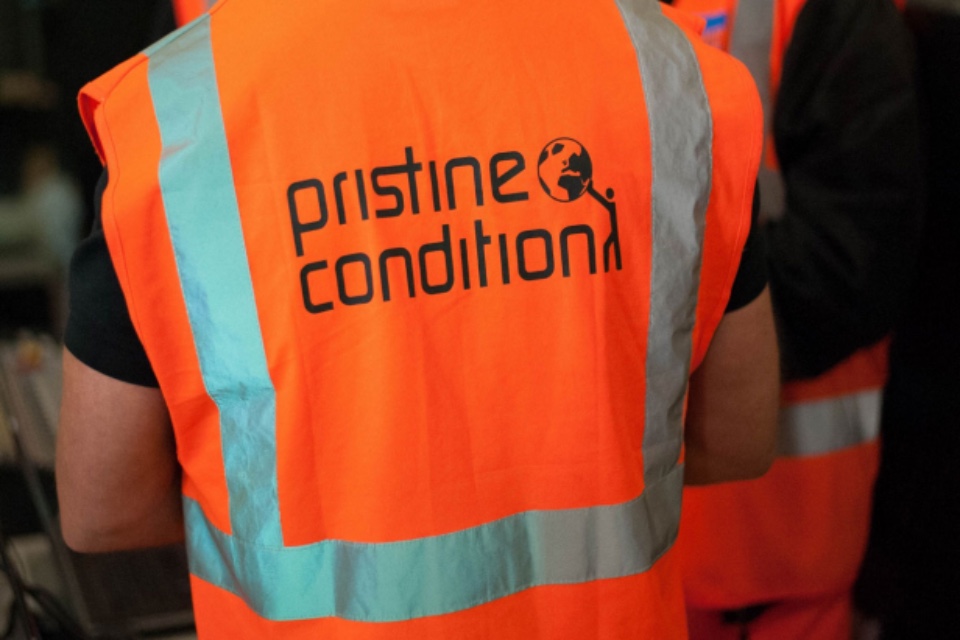Despite significant advances in legislation and workplace safety systems, musculoskeletal disorders (MSDS) remain one of the most common types of work-related injury across almost every industry. Even in highly automated environments, manual handling tasks are rarely eliminated altogether—and the injuries continue.
Why? Because traditional approaches to addressing residual risk often fall short. Generic, uninspiring training fails to change behaviour, and outdated assumptions about what causes injury persist.
Pristine Condition International has consistently challenged this trend with a proven methodology rooted in biomechanics, behaviour change, and real-world application. Their approach is built around three key steps—each essential to reducing manual handling injury rates, improving engagement, and embedding sustainable change.





